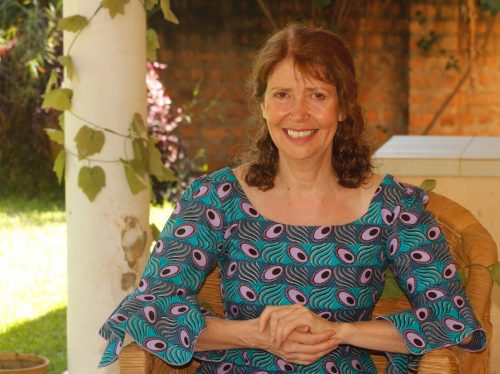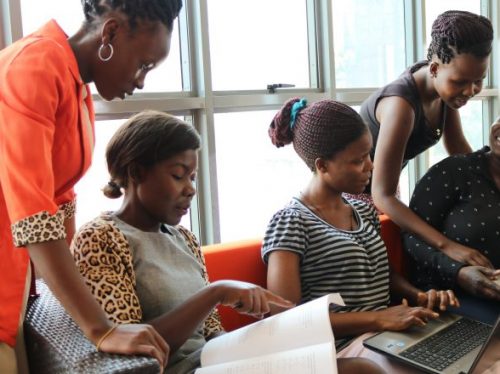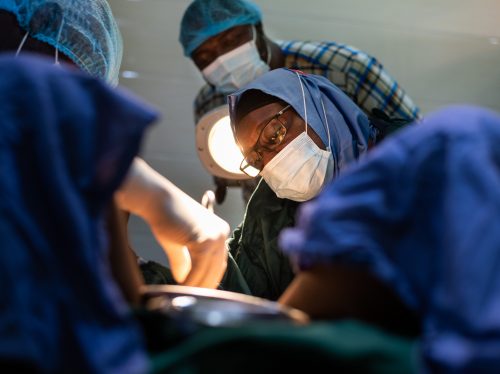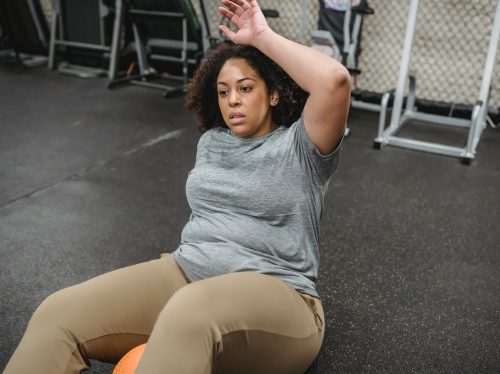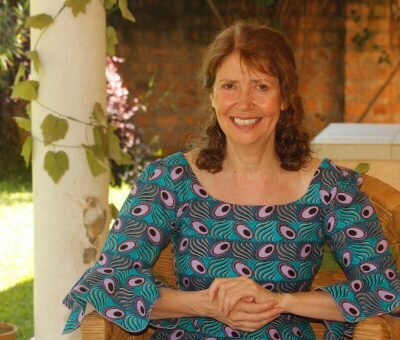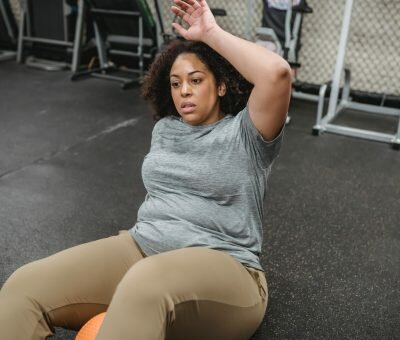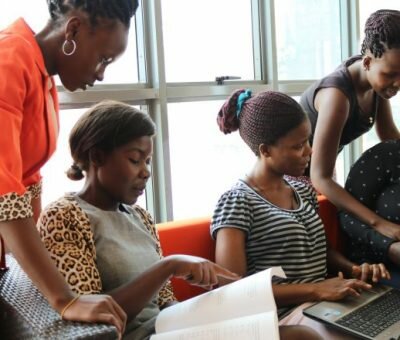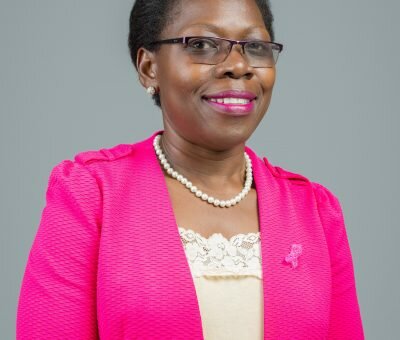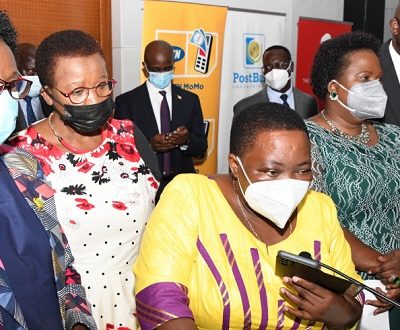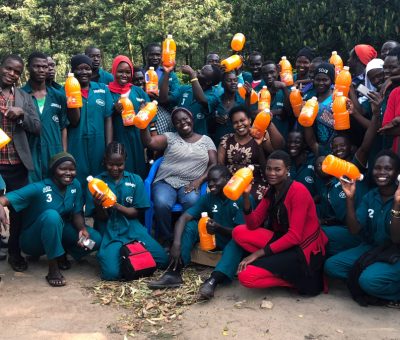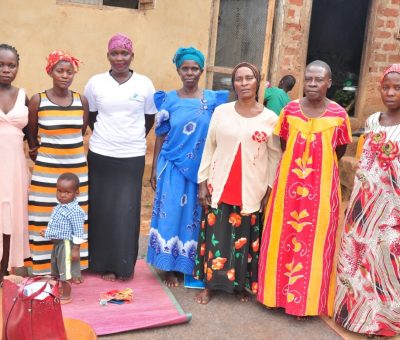Empowering Ugandan women through digital literacy
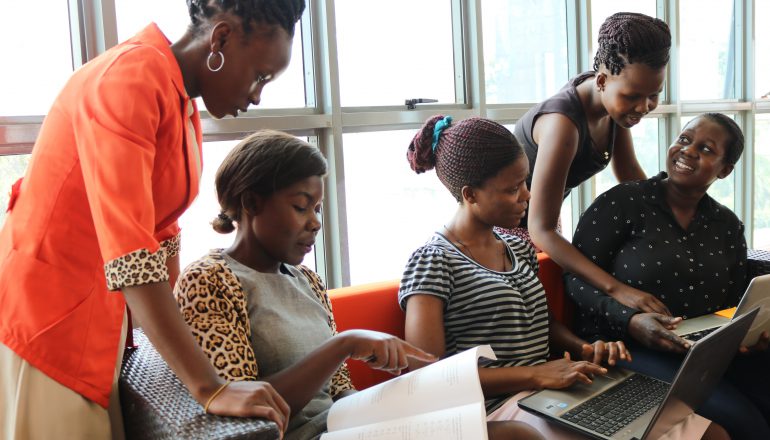
Article Nineteen of the United Nations’ Universal Declaration of Human Rights states that everyone has a right to freedom of expression which includes a right of access to information.
In a largely digital world that continues to grow in terms of technology, it is not only important to be able to access information digitally, but also afford it.
Pinno Ivan Louis and Goretti Zavuga are the founders of Woman Digital Uganda, a civic-tech and rights advocacy organization. The organisation operates an ICT-powered model to extend the literacy and skills of an eco-system economy that the world currently operates in to include a woman or girl child.
“My work spans around Information and Communication Technologies for Development in the rural areas of the globe. Having worked with so many organisations in Uganda around the areas of digital technologies for social change, I realised that there was need to close the gender digital gap amongst women,” Pinno narrates.
Pinno says he was involved in projects that would deploy ICT tools for implementation where he kept seeing this gap that needed to be closed, especially the digital literacy aspect of the gender digital gap.
“That is when my co-founder Goretti and I had a long chat under a tree one day and decided to launch Digital Woman Uganda, a civic-tech and digital rights advocacy firm in 2019,” he says.
According to Pinno, very many people aren’t aware that digital literacy is now a human right just like access to housing and education, among others.
“We thought we needed to advocate for this right so that different stakeholders and governments live up to their bargain on this. If we to drive this path, it is imperative that our clients know about these rights so as to demand for the same,” he adds.
According to a 2015 Uganda Communications Commission survey on Access and Usage of ICTs, only 44% of women owned and could use a phone at any time compared to 62% of the men.
Additionally, only 15% of women had used a computer or the internet in the last three months prior to the
survey compared to 21% of the men. Technology and the internet can be a great enabler for girls but a lack of opportunities, skills and a fear of discrimination prevent many from using and creating digital tools and online content.
“For starters, it is the technology that is new to these women, but in the long run they seem to get comfortable and appreciative after learning how to use these technologies. Affordability of technology too is a barrier for these women,” Pinno explains.
“Technologies and how to use the gadgets they may never have the funds to actually buy leads to loss of interest in the whole learning process,” he adds.
Digital Woman Uganda employs the village agent model that provides decent employment and opportunities to women as well as equipping them with necessary skills and tools they need to become agents for the cause. In turn, these women become “netizens” as they get more women on board for the cause.
“The organisation is built with a strong inclusion of the end users, especially around our village agent model. Our digital literacy literature is always curated in a
language that is most understood by the end users,” Pinno says.
The innovation too comes well packaged with an Internet Radio (www.t-radio.live) which enables the company to reach more women and girls especially during the times of the COVID-19 lock down.
“Our digital literacy trainings also can be delivered through a short code that these women also use to reach out to us free of charge in a language that’s best understood by them. We equip these women in these spaces as the pandemic has and is still changing the way we do business and also live our lives,” he adds.
According to Pinno, the organisation plans to develop a cloud telephony call center to have these women call in directly and speak to any of the agents in regard to tips about digital literacy and how to stay safe while online. This will also lead to more employment opportunities for these women in the long run.
thepearluganda























